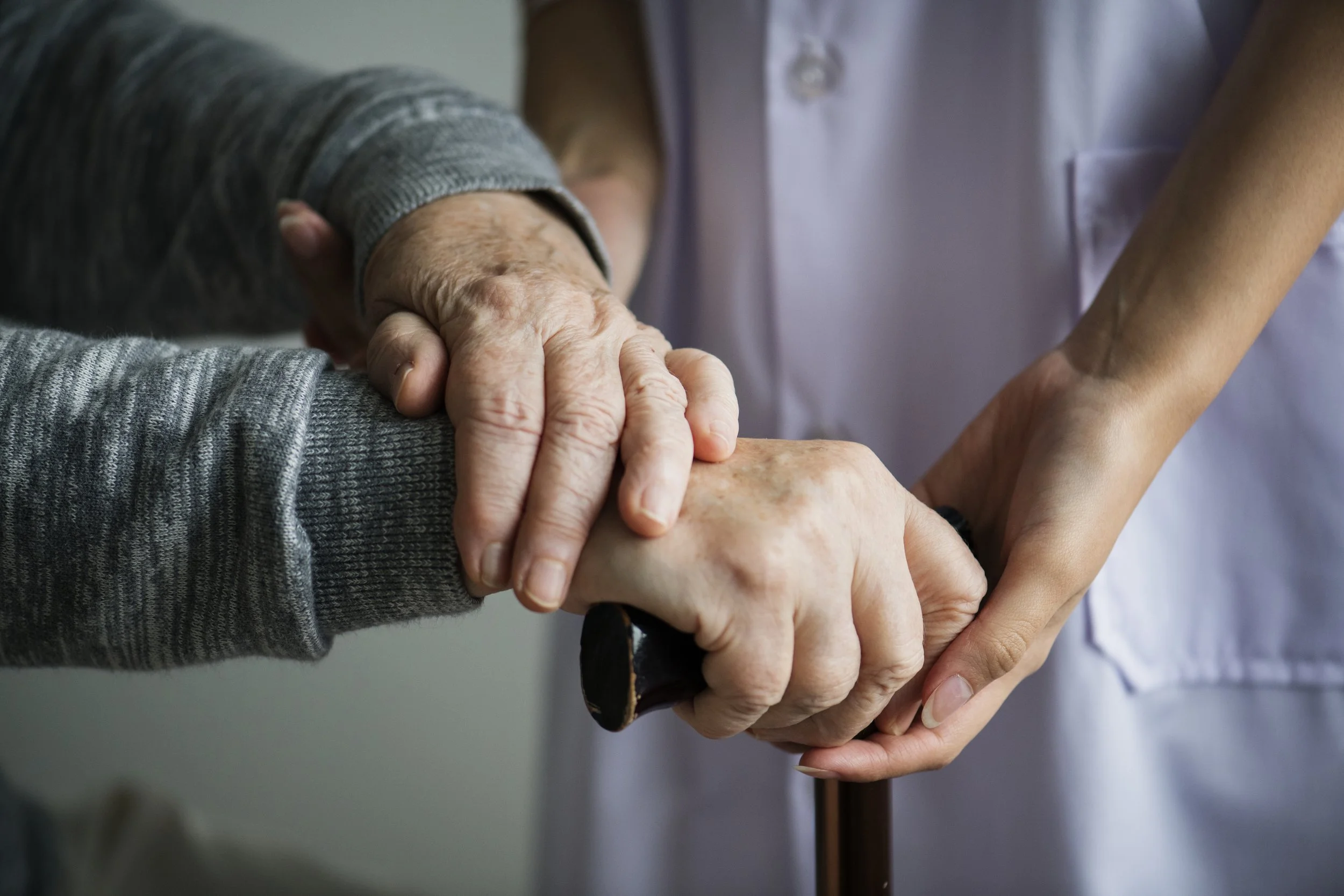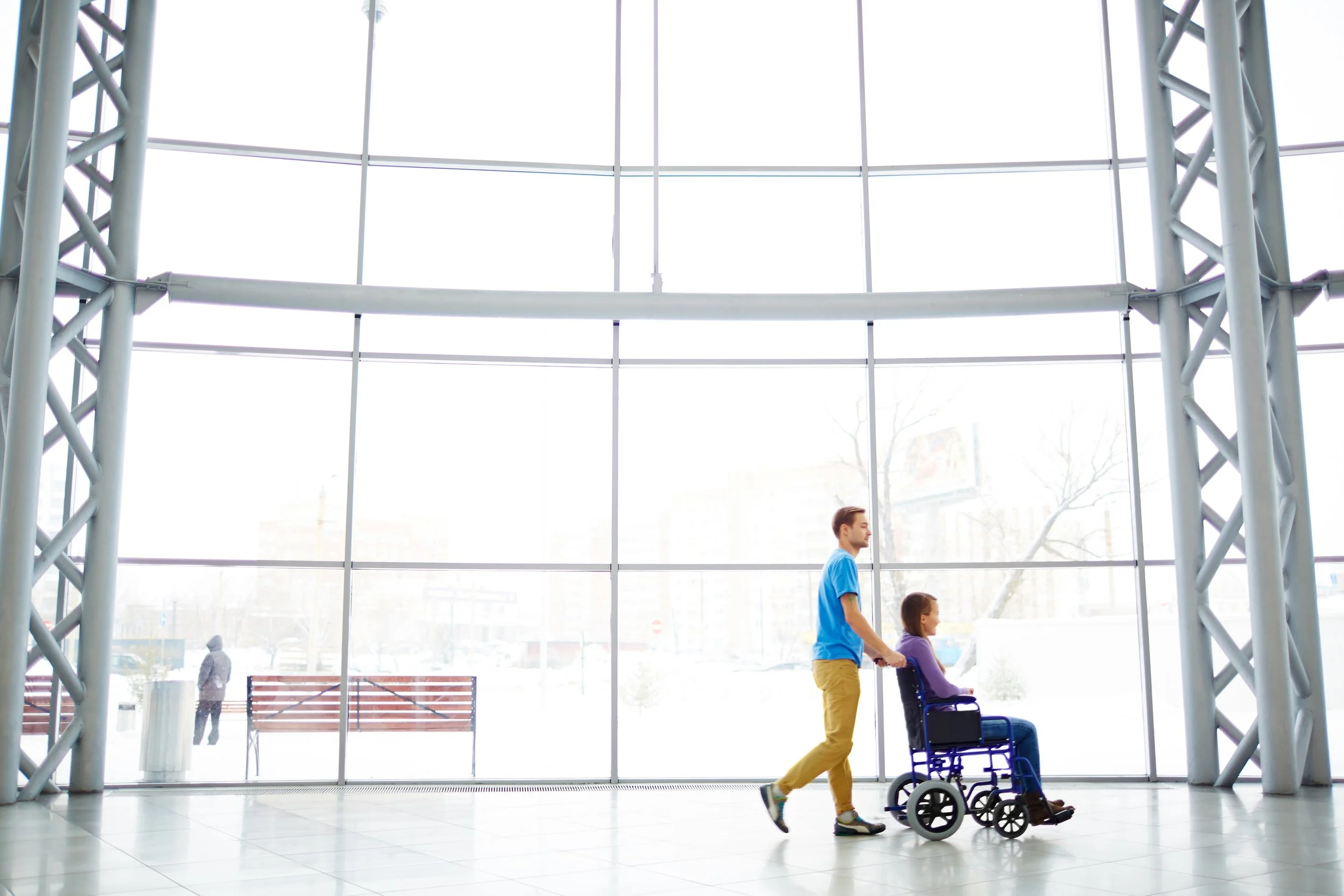Traveling with Dementia: How a flying companion can help
For those who decide to make a trip, hiring a medical escort can provide a level of care that gives both patients and their families the comfort of having a professional medical care provider along for the trip. NEMT companies such as Aloha Transport Assistance can provide a wide range of services, including:
Coordinating all aspects of the trip, including booking flights
Managing medications and administering them as needed
Staying with clients throughout their journey through the airport
Securing the best possible seats on the plane
Training in how to manage any medical situation that arises at high altitudes
Acting as a patient advocate for clients
Knowing how to obtain any necessary equipment during the trip, such as wheelchairs, and understanding the rules for their use
Ensuring clients have all the necessary documents, including contact information for the primary care doctor, a list of medications and doses, a list of food allergies, and insurance information
Medical escorts trained in providing medical care at high altitudes also have expertise in dealing with individuals who live with a wide variety of medical conditions. They act as a medical travel companion, managing a patient's medical equipment (walkers, canes, crutches, & wheelchairs) and prescriptions. They also provide guidance as they move through the airport, as well as when patients get on and off a plane. This is particularly important for non-emergency medical transport (NEMT), which provides air medical care to those with injuries, disabilities, and chronic conditions such as dementia. Before deciding to travel, it's important for individuals with dementia to consult with a physician.
Dementia is a progressive condition, and different individuals will experience different challenges when traveling. The Alzheimer's Association advises that families allow the experience of patients and caregivers to guide decisions on making trips. They write: “For example, if you have always gone to Florida in the winter, you can continue the tradition until the trip becomes too difficult or is no longer relaxing for the person living with dementia or the caregiver.”
In conclusion, hiring a flying companion for individuals with dementia can make trips possible that they might have thought they could not take. The decision to hire a flying companion gives both the patient and their family the assurance of knowing that someone is on the trip who can manage any type of medical situation that may arise. This can make travel less stressful and more enjoyable for everyone involved. It can be difficult for individuals living with dementia, including Alzheimer's disease, to travel alone. However, with the right support and assistance, it is possible for them to fly. One way to ensure a safe journey for dementia patients is by hiring a flying companion.


